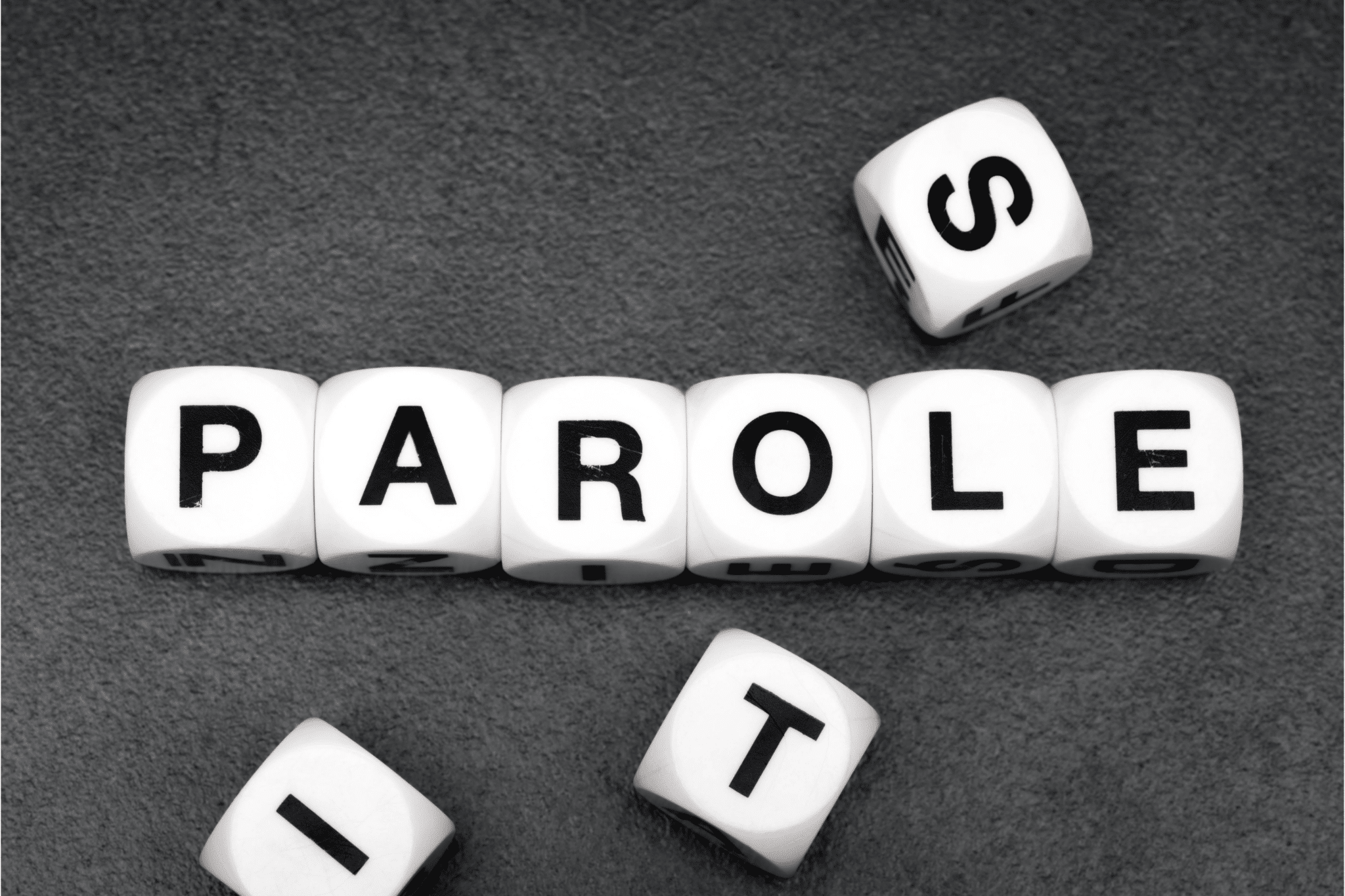IL Parole Board Rulings: What Factors Influence Their Choices?
The Illinois Parole Board plays a crucial role in determining whether an incarcerated individual should be granted parole and released from prison. Their decisions are based on a complex set of factors that take into account both the safety of the community and the rehabilitation of the offender.
In this blog, we will explore the key factors that influence the choices of the Illinois Parole Board and provide insights into how applicants can present their cases effectively during the hearing.
Offense Severity
One of the most important factors considered by the Illinois Parole Board is the severity of the offense for which the applicant was convicted. Violent crimes, especially those involving serious harm or death, are less likely to receive parole, as the board prioritizes the safety of the community. Applicants convicted of non-violent offenses may have a higher chance of being granted parole.
Criminal History
The applicant’s criminal history is another significant factor that the parole board takes into account. A history of repeated criminal activity or multiple convictions can work against the applicant. However, a demonstrated pattern of rehabilitation and a reduction in criminal behavior can positively influence the board’s decision.
Institutional Behavior
The conduct of the applicant while incarcerated is a critical factor. Good behavior, participation in rehabilitation programs, and a commitment to self-improvement can show the parole board that the applicant has made efforts to change and is less likely to reoffend upon release. Regular participation in educational and vocational programs can demonstrate a commitment to personal growth.
Risk Assessment
Parole boards often employ risk assessment tools to evaluate an applicant’s potential for recidivism. These tools consider factors such as age, criminal history, substance abuse issues, and more. Applicants can improve their chances of parole by actively addressing and mitigating these risk factors while in prison.
Release Plans and Community Support
Applicants who can demonstrate a stable release plan and a support network in the community have a higher chance of parole. This includes having a place to live, employment opportunities, and access to necessary services such as mental health or substance abuse treatment. A strong support system, including family and friends who vouch for the applicant’s rehabilitation efforts, can be influential.
Participation in Rehabilitation Programs
Active participation in rehabilitation programs, including counseling, therapy, and vocational training, can demonstrate an applicant’s commitment to change. Parole boards look favorably on those who have taken steps to address the underlying issues that led to their criminal behavior.
Expression of Remorse and Responsibility
During the parole hearing, expressing genuine remorse for the offense and taking responsibility for one’s actions can be powerful. It’s important to convey an understanding of the impact of the crime on the victim and the community. Applicants should also outline the steps they have taken to make amends and contribute positively to society.
Letters of Support and Character References
Applicants should seek character references and letters of support from individuals who can vouch for their rehabilitation efforts. These letters should highlight the positive changes the applicant has made and the potential for their successful reintegration into society.
Illinois Parole Board
The decisions made by the Illinois Parole Board have a significant impact on the lives of incarcerated individuals and the safety of the community. Understanding the factors that influence their choices can help applicants present their cases effectively during parole hearings. Offense severity, criminal history, institutional behavior, risk assessment, release plans, rehabilitation programs, expression of remorse, and support from the community all play a crucial role in the decision-making process.
Applicants who can demonstrate their commitment to rehabilitation, personal growth, and a low risk of recidivism are more likely to be granted parole. It is essential for applicants to use the parole hearing as an opportunity to convey their readiness for reintegration into society and their determination to become law-abiding citizens. While the path to parole may be challenging, understanding and addressing the factors that influence the parole board’s decisions can improve an applicant’s chances of success. You can always consult with an attorney too if you ever have further questions.
About the Author:
Andrew M. Weisberg is a former felony prosecutor who now serves as a defense attorney in the greater Chicago area. He has extensive experience handling all types of criminal cases, from sex offenses and domestic violence to retail theft-related crimes, murder, and drug crimes. His work has been recognized by Avvo, Expertise, National Trial Lawyers, and others, and he has been featured on countless news outlets for his experience and knowledge in criminal law.







 Blog Home
Blog Home 











